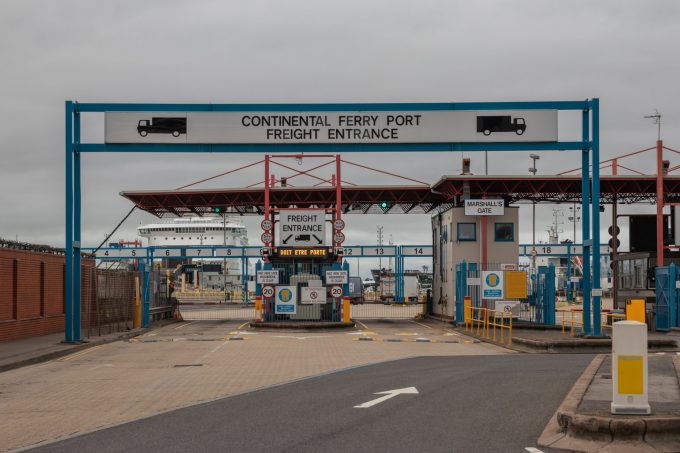Lost tax revenue may trigger authorities to re-visit their de minimis threshold
The Loadstar is running a series of reports on the ecommerce sector, which has been driving growth ...

With the changes to post-Brexit border policies, pressure is set to intensify for UK importers next week as volumes begin to climb back, post-Christmas lull.
The first week of new import controls on EU goods saw a notable hitch when the new IT system, the Goods ...

Comment on this article